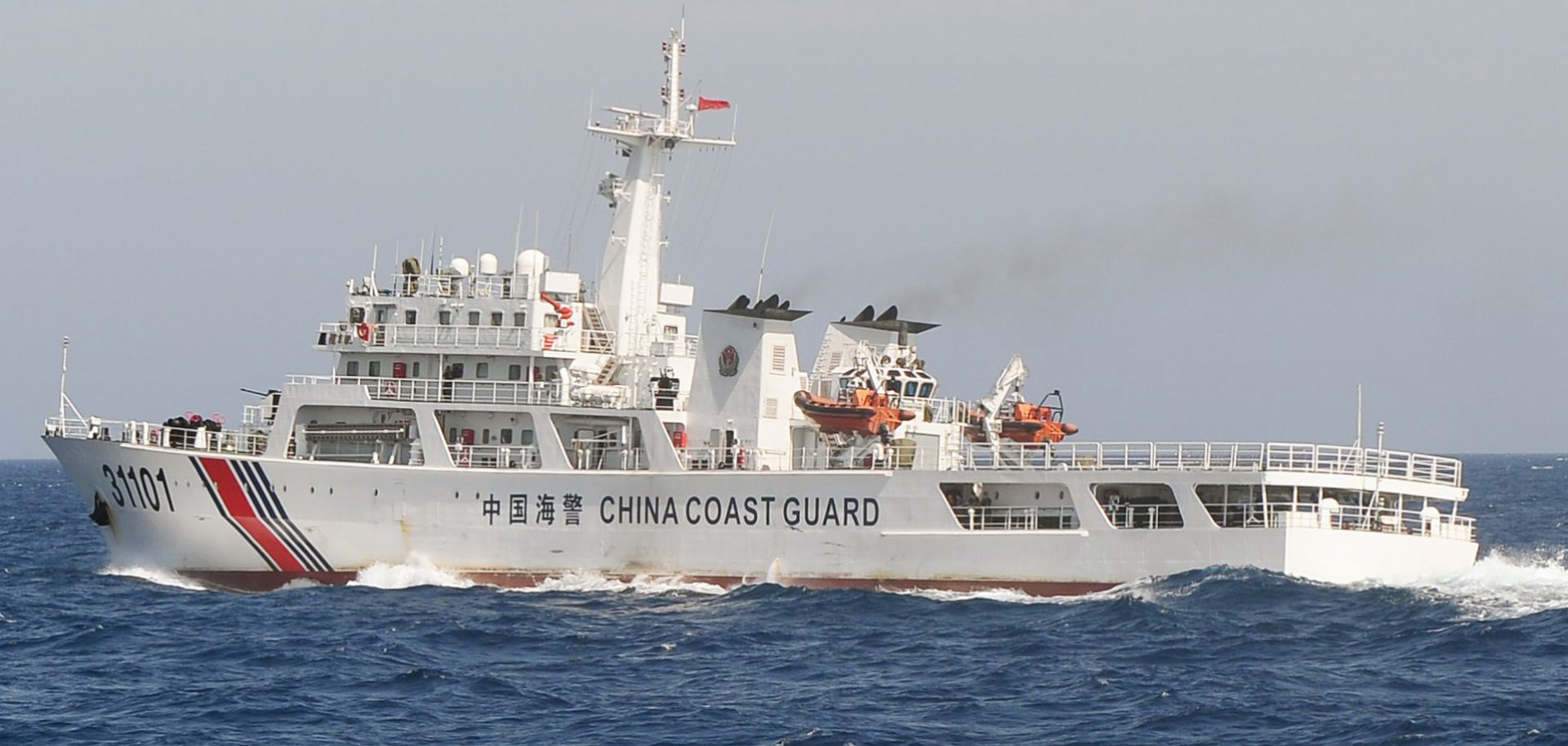Joint development is a well-trodden path in East Asian maritime activity. Mutually agreed joint-development mechanisms have a proven record of easing maritime tensions in the face of overlapping claims elsewhere. Therefore, it is seen by many, including the claimant governments of Southeast Asia, as a potential option to calm the waters in the South China Sea, home to vast traditional fishing grounds and oil and natural gas deposits. However, early attempts at joint development, notably an arrangement among China, Vietnam and Philippines in 2005 for seismic surveys, failed largely because of domestic sentiment in the Philippines. And over years, suspicions over Beijing’s strategic intent, coupled with its unceasing territorial expansion and escalating maritime tensions, thwarted any potential dialogue – let alone joint arrangement – in the South China Sea that involves China. In recent years, Beijing has put joint arrangements on a back burner. And so the recent refashioning of...

